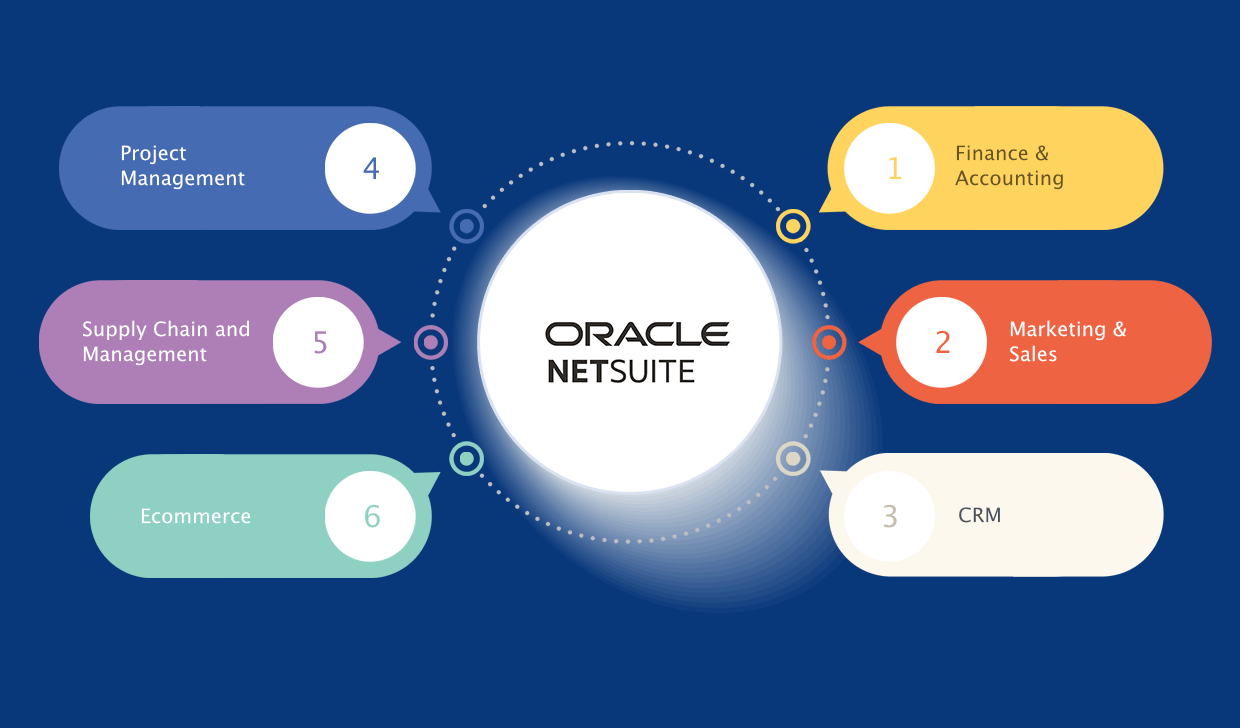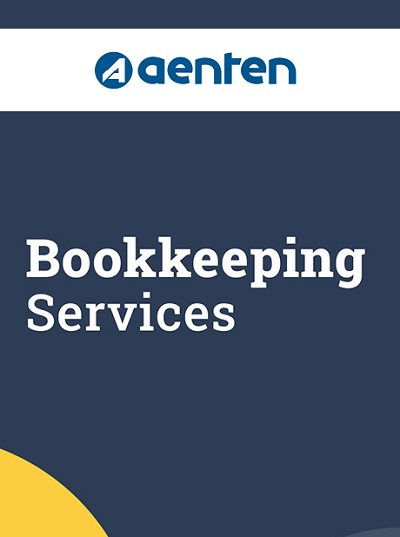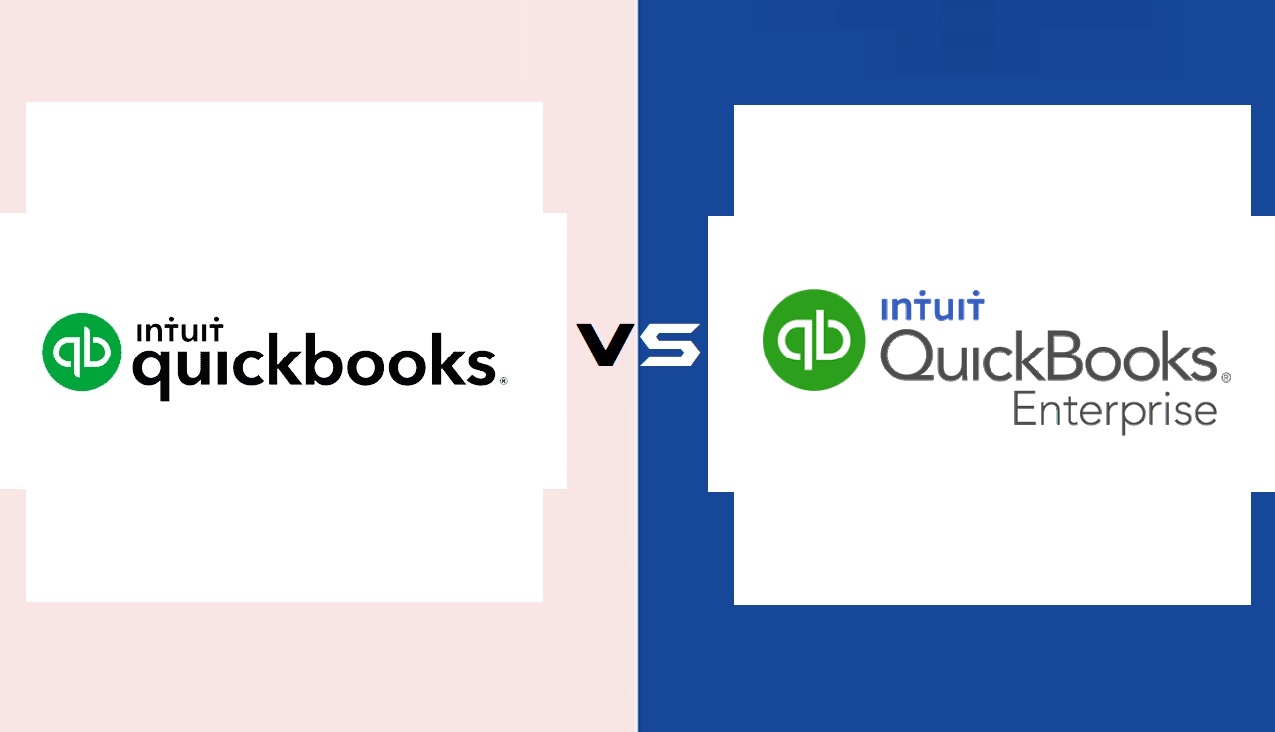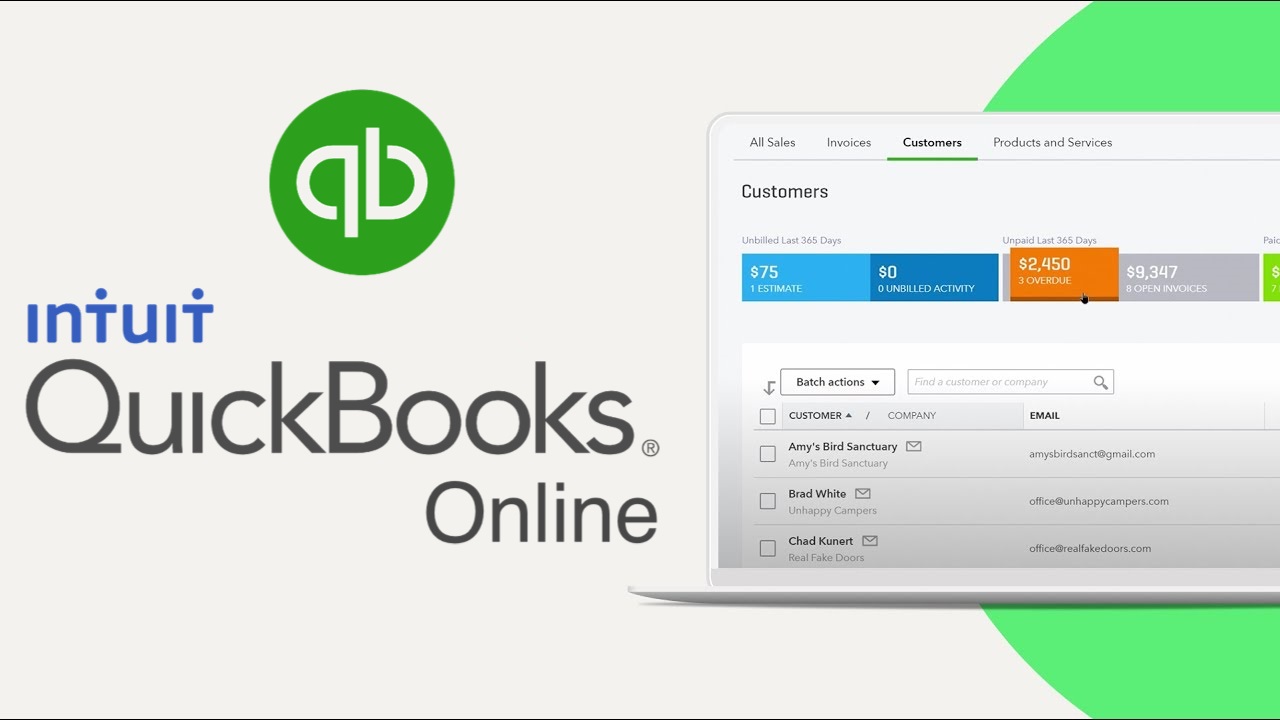In today’s fast-paced business environment, operational efficiency is paramount for success. NetSuite, an integrated cloud-based enterprise resource planning (ERP) system, offers a comprehensive suite of tools and functionalities that can significantly streamline your business operations. This guide will explore how NetSuite can transform various aspects of your business, enhancing efficiency, reducing costs, and driving growth.
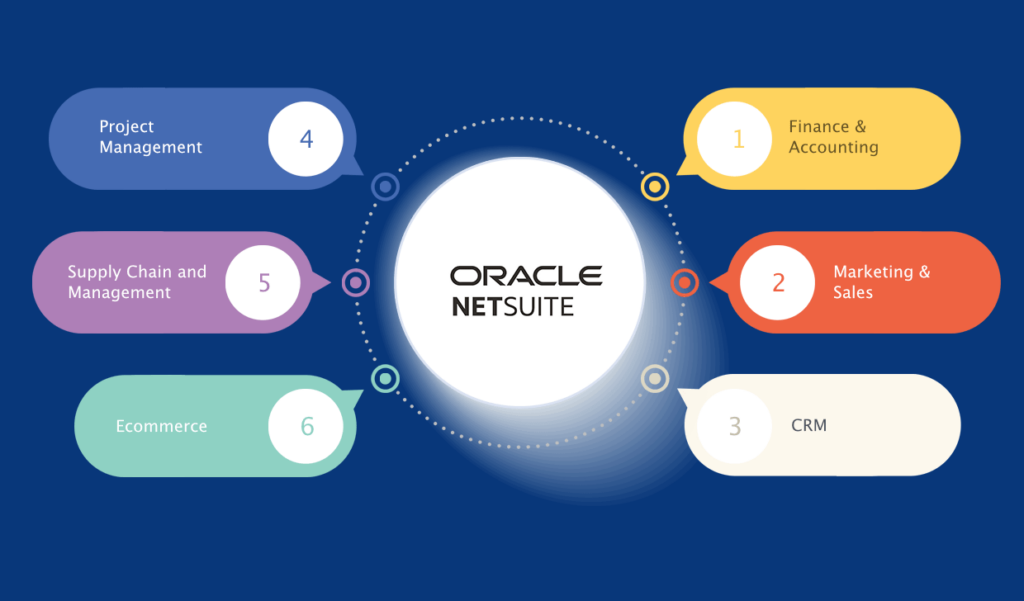
Chapter 1: Understanding NetSuite
NetSuite is a unified business management suite that covers various domains such as financials, customer relationship management (CRM), e-commerce, supply chain management, and more. Its cloud-based nature allows seamless access to real-time data, enabling informed decision-making and efficient collaboration across departments.
Chapter 2: Streamlining Financial Management
- Real-time Financial Insights: NetSuite provides a consolidated view of financial data, enabling real-time monitoring of revenue, expenses, and cash flow. This visibility aids in making data-driven financial decisions promptly.
- Automated Financial Processes: Automate financial processes like billing, invoicing, and expense management. This reduces manual errors, accelerates processing times, and enhances accuracy.
- Financial Reporting and Compliance: Generate customizable financial reports, ensuring compliance with regulations. NetSuite’s audit trails and controls help maintain financial transparency and accountability.
Read Also : Navigating Efficiency : Sage Software for Streamlined Operations.
Chapter 3: Enhancing Customer Relationship Management
- 360-Degree Customer View: NetSuite’s CRM module centralizes customer information, enabling personalized interactions and effective sales and marketing strategies.
- Sales and Order Management: Manage the entire sales cycle, from lead generation to order fulfillment. Automated order processing reduces delays and ensures smooth operations.
- Customer Service Excellence: Streamline customer support processes by tracking interactions, managing tickets, and resolving issues efficiently. This leads to higher customer satisfaction and loyalty.
Chapter 4: Efficient Supply Chain Management
- Inventory Control: Maintain optimal inventory levels with real-time tracking and automated replenishment. Minimize stockouts and overstock situations.
- Demand Forecasting: Predict demand patterns using historical data and market trends. This helps in efficient procurement planning and minimizing excess inventory.
- Vendor Management: Streamline interactions with suppliers by automating purchase orders, receiving, and payments. Improved supplier relationships lead to cost savings and faster procurement cycles.
Read Also : Unlocking Business Potential : Sage Software Solutions.
Chapter 5: E-Commerce Integration
- Integrated Online Store: Seamlessly connect your e-commerce platform with NetSuite. This integration ensures accurate inventory management, order processing, and customer data synchronization.
- Unified Customer Experience: Provide a consistent shopping experience across online and offline channels. Inventory visibility prevents overselling and enhances customer satisfaction.
- Real-time Analytics: Analyze e-commerce performance metrics to identify trends and make informed decisions. Adjust strategies promptly based on sales data.
Chapter 6: Data-Driven Decision Making
- Business Intelligence and Analytics: NetSuite’s reporting and analytics tools offer insights into various business areas. Customizable dashboards provide a holistic view of key performance indicators.
- Forecasting and Planning: Utilize historical and real-time data to forecast sales, demand, and financial projections. This aids in strategic planning and resource allocation.
- Scenario Modeling: NetSuite enables businesses to simulate different scenarios based on variables like market trends, operational changes, and financial adjustments. This helps in making well-informed decisions.
Read Also : What’s the Difference Between Bookkeeping and Accounting?
Chapter 7: Customization and Scalability
- Tailored Workflows: Customize NetSuite to match your unique business processes. Automate workflows, approvals, and notifications to increase efficiency.
- Third-party Integrations: Seamlessly integrate NetSuite with other essential tools, such as CRM software, marketing automation, and reporting tools.
- Scalability: NetSuite’s cloud infrastructure allows businesses to scale easily as they grow. Add modules and features without worrying about hardware limitations.
Chapter 8: Streamlining Global Operations
- Multi-Currency and Multi-Language Support: NetSuite supports transactions in multiple currencies and languages, simplifying international operations.
- Global Consolidation: Centralize financial data from multiple subsidiaries or locations, simplifying financial reporting and compliance across regions.
- Localization: NetSuite offers localized features and compliance with global taxation regulations, ensuring seamless operations in different countries.
Chapter 9: Security and Data Management
- Data Security: NetSuite employs advanced security measures, including encryption and access controls, to protect sensitive business data from unauthorized access.
- Automated Backups: NetSuite performs automated data backups, safeguarding critical information against loss and providing data recovery options.
- Compliance: NetSuite adheres to industry standards and regulations, ensuring data privacy and security compliance.
Note : Aenten provides NetSuite Support Services & NetSuite Consulting Services for businesses.
Conclusion
NetSuite’s comprehensive suite of tools can revolutionize the way your business operates. By centralizing information, automating processes, and providing real-time insights, NetSuite empowers businesses to achieve unprecedented operational efficiency, reduced costs, and enhanced growth potential. Whether you’re a small business or a large enterprise, NetSuite’s capabilities can be tailored to suit your unique needs, making it a valuable asset in streamlining your operations and achieving sustained success.
